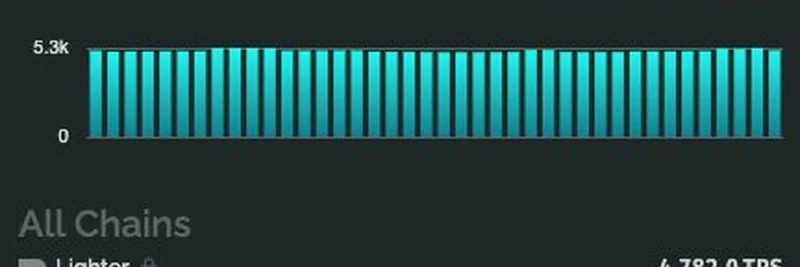In a recent live stream on The Rollup, Ethereum Foundation researcher Dankrad Feist shared some straight-talk on what Ethereum won't budge on as big institutions start piling into crypto. If you're into meme tokens, this stuff matters because Ethereum and its layer-2 solutions are where a lot of the wild meme action happens. Low fees, fast trades, and no one shutting down your fun—these are the building blocks that keep the meme economy buzzing.
The conversation kicked off with host Andy probing Dankrad about Ethereum's "core non-negotiables" in this new institutional phase. Dankrad didn't mince words: "We don't compromise on the values." He emphasized that Ethereum is sticking firm to verifiability—meaning anyone can check transactions without trusting a middleman—and censorship resistance, which ensures no one can block your trades just because they don't like them. "We are not giving up on verifiability," he said, adding that the team is exploring fresh ways to bolster censorship resistance while keeping everything open source. This commitment is huge for meme token traders, as it protects against potential regulatory overreach that could stifle viral pumps or community-driven projects.
But Dankrad also got real about Ethereum's position in the broader crypto world. In another clip from the same session, he broke down Ethereum's global macro stance and its "crossing the chasm" moment—a nod to that pivotal shift from early adopters to mainstream use. He highlighted Ethereum's strengths, like its unmatched trust and dominance in EVM (Ethereum Virtual Machine) tech, which powers smart contracts for countless meme tokens. However, he acknowledged challenges, such as the network's historical slow scaling and longer slot times compared to speedier chains like Solana. "Our past refusal to scale will make things a bit harder," Dankrad noted, stressing the need for a "very credible roadmap" to speed up finality and slot times for global markets. For meme folks, this translates to cheaper, quicker transactions on L2s, making it easier to jump on the next big dog or cat coin without getting rekt by gas fees.
The stream also featured Tim Beiko, Ethereum's protocol support lead, who dove into the coordination hurdles of a decentralized network. Unlike a traditional company with a CEO calling the shots, Ethereum relies on consensus. "If Ethereum was a company, there'd be a CEO who talks to users, decides what to build, and fires anyone who disagrees," Tim explained. Instead, they have to convince everyone—from core devs to stakers and app builders like Uniswap or Optimism teams. He mentioned pinging experts like Dankrad for quick reviews, but the real trick is streamlining proposals to focus community energy. They're experimenting with "headliners" for hard forks, spotlighting key features to avoid overwhelming everyone with too many ideas. This decentralized approach ensures meme token projects stay innovative and community-led, without top-down control that could kill the vibe.
Tying this back to meme tokens, Ethereum's priorities directly fuel the ecosystem. With tools like Danksharding (named after Dankrad himself) on the horizon for massive scaling, expect even more room for high-volume meme trading. Censorship resistance means your favorite degenerate plays won't get censored, and open source keeps things transparent for devs building the next viral launchpad. As institutions enter, these values safeguard the fun, chaotic spirit of memes while opening doors to bigger liquidity.
If you want the full scoop, check out the original clip on X or catch The Rollup's other highlights from the stream. Ethereum's not just surviving the institutional wave—it's setting the standard for a resilient, meme-friendly future.

